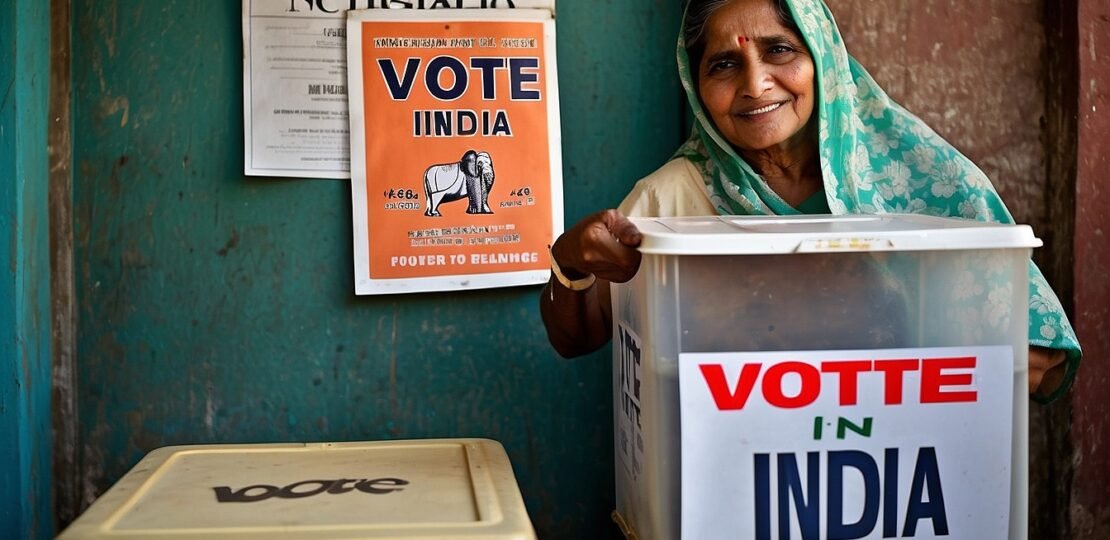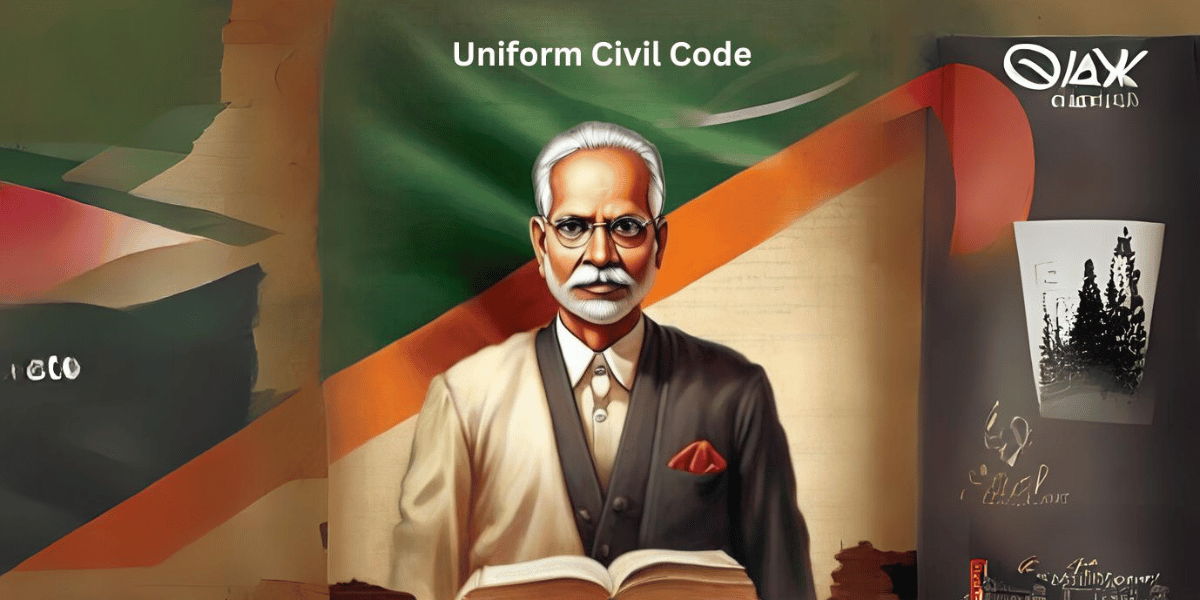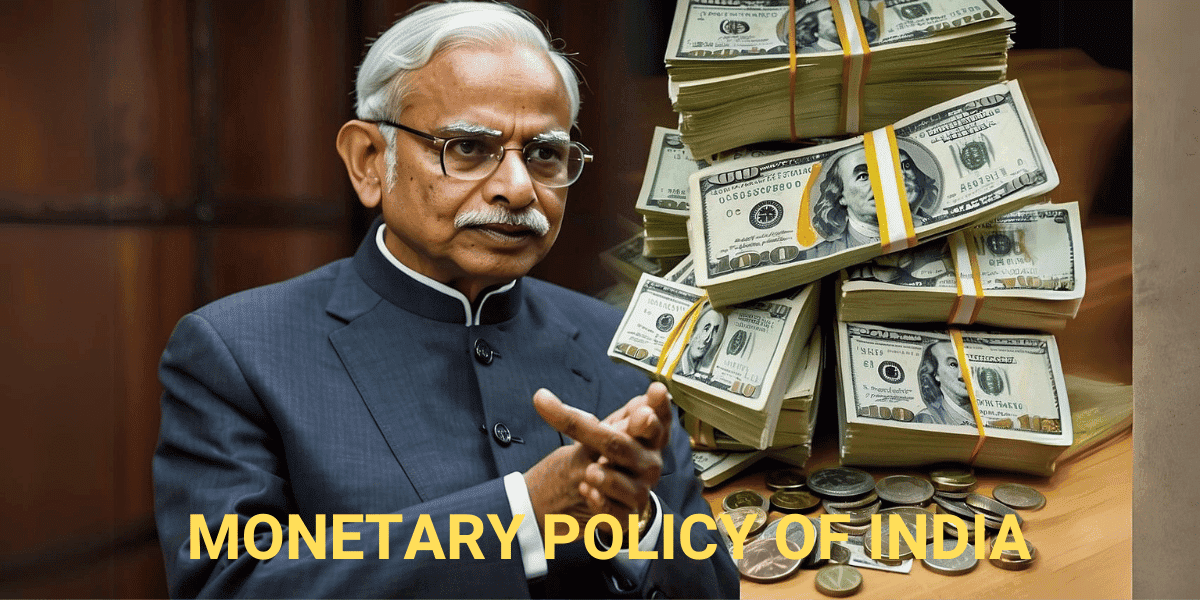The Election Commission of India (ECI) is an autonomous constitutional authority responsible for administering elections to the Parliament of India, State Legislative Assemblies, and the offices of the President and Vice President of India. Here are some key points about the Election Commission of India.
Election Commission Of India: Key Points
1. Constitutional Body:
The Election Commission of India is a constitutional body established under Article 324 of the Indian Constitution. It was formed in 1950, shortly after India’s independence, to ensure free and fair elections in the country.
2. Composition:
The Election Commission consists of a Chief Election Commissioner (CEC) and two Election Commissioners (ECs). They are appointed by the President of India and hold office for a fixed term or until the age of 65, whichever is earlier.
3. Independence:
The Election Commission operates independently of the government and political influence. It enjoys autonomy in its decision-making processes and is tasked with ensuring the conduct of elections in an impartial and transparent manner.
4. Functions of the Election Commission Of India
The primary function of the Election Commission is to conduct elections for various political offices in India. This includes preparing electoral rolls, delimiting constituencies, overseeing the nomination process, conducting polling, and counting votes. The Election Commission also monitors election expenditure, enforces the Model Code of Conduct, and addresses complaints related to electoral malpractices.
5. Voter Education:
The Election Commission conducts voter education and awareness programs to encourage voter participation and promote electoral literacy among citizens. These initiatives aim to enhance public understanding of the electoral process and encourage informed voting.
6. Electoral Reforms:
The Election Commission plays a key role in recommending electoral reforms to improve the electoral system and enhance the integrity of elections. It conducts research, consults stakeholders, and makes proposals to the government and other authorities for legislative and administrative changes.
7. International Cooperation:
The Election Commission of India engages in international cooperation and exchange programs with other electoral management bodies and organizations worldwide. It shares best practices, experiences, and expertise to strengthen electoral processes globally.
Overall, the Election Commission of India plays a crucial role in upholding the democratic principles of free and fair elections, ensuring the integrity of the electoral process, and safeguarding the rights of voters in India.
Also Read: Uniform Civil Code In India
Powers of the Election Commission of India
The Election Commission of India (ECI) possesses various powers to ensure the conduct of free, fair, and impartial elections in the country. Here are some of its key powers:
1. Conduct of Elections:
The ECI is responsible for the conduct of elections to the Parliament, State Legislative Assemblies, and offices of the President and Vice President of India. It oversees all aspects of the electoral process, including the scheduling of elections, nomination of candidates, polling, and counting of votes.
2. Delimitation of Constituencies:
The ECI delimits constituencies for elections to ensure fair representation based on population demographics. It periodically reviews and redraws constituency boundaries to maintain equitable representation and prevent malpractices such as gerrymandering.
3. Voter Registration and Electoral Rolls:
The ECI manages the registration of voters and the maintenance of electoral rolls. It ensures the inclusion of eligible voters, updates voter information, and removes duplicate or ineligible entries to maintain accurate and up-to-date electoral rolls.
4. Model Code of Conduct:
The ECI enforces the Model Code of Conduct (MCC) during election periods to ensure fair and ethical campaigning by political parties and candidates. The MCC lays down guidelines on matters such as campaign behavior, public meetings, use of media, and party manifestos to promote a level playing field for all contestants.
5. Election Expenditure Monitoring:
The ECI monitors election expenditures by candidates and political parties to prevent the use of money power to influence voters. It sets limits on campaign spending, requires candidates to submit expenditure reports, and takes action against violations of expenditure norms.
6. Polling and Security Arrangements:
The ECI makes arrangements for polling stations, deployment of election officials, and security measures to maintain law and order during elections. It coordinates with law enforcement agencies to ensure the safety and security of voters, candidates, and election personnel.
7. Dispute Resolution:
The ECI adjudicates disputes and complaints related to electoral malpractices, violations of election laws, and disputes arising from the electoral process. It has the authority to disqualify candidates, cancel elections, or order repolling in cases of irregularities or electoral misconduct.
8. Educational and Awareness Programs:
The ECI conducts voter education and awareness programs to promote electoral literacy, voter participation, and awareness of democratic rights and responsibilities among citizens.
These powers enable the Election Commission of India to uphold the integrity of the electoral process and safeguard the democratic principles of free and fair elections in the country.
RELATED POSTS
View all



